Xiaomi becomes the seventh largest automaker in the world, has Lei Jun finally made it in car manufacturing?
![]() 09/04 2024
09/04 2024
![]() 577
577
Who would have thought that just five months after the launch of its first model, the SU7, Xiaomi would become the seventh largest automaker in the world. Out of the top ten automakers globally, only two are Chinese, and apart from BYD, the other is Xiaomi.
Has Lei Jun finally made it after more than three years of controversial car manufacturing?
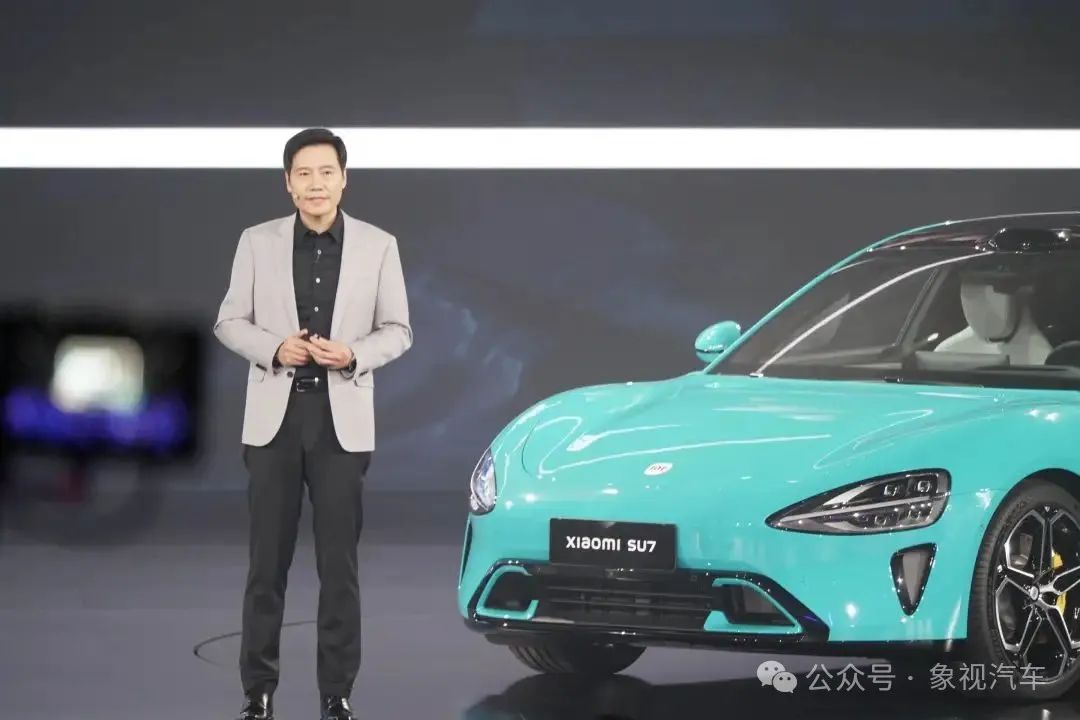
1. Xiaomi claims to be the seventh largest automaker globally
Flipping through the list of the top ten automakers globally by market capitalization, one will be surprised to find that both BYD and Xiaomi are on the list. Among them, BYD ranks third with a market capitalization of $94.3 billion, second only to Tesla and Toyota.
Xiaomi Group, on the other hand, ranks seventh with a market capitalization of $62.3 billion, surpassing established multinational automakers such as BMW, General Motors, and Volkswagen.
With annual sales exceeding 3 million vehicles, it's easy to understand why BYD is the third-largest automaker globally. However, with only 50,000 to 60,000 SU7s delivered, how did Xiaomi become the seventh-largest automaker?
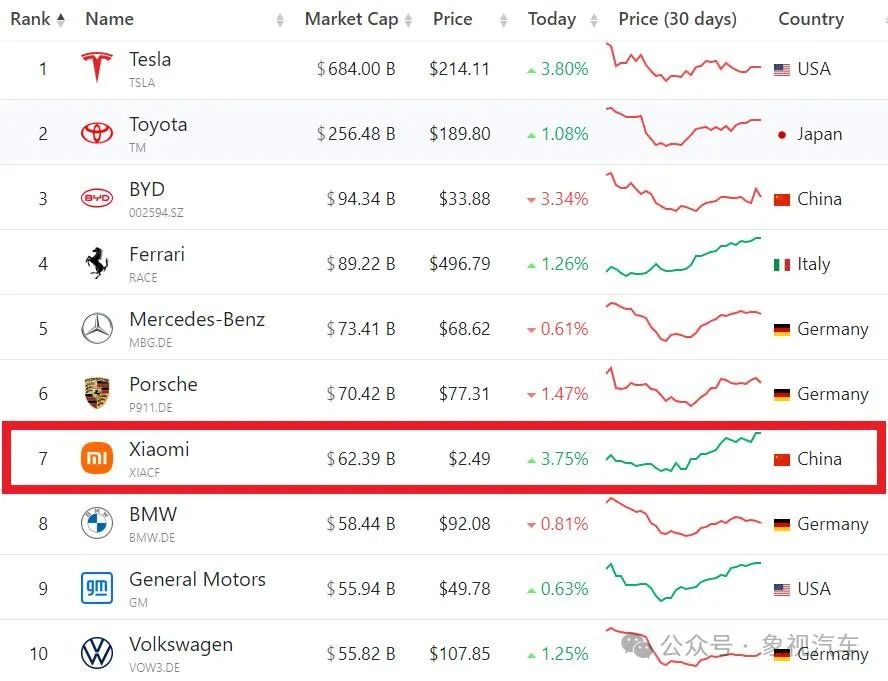
In fact, Xiaomi Group's current revenue still heavily relies on smartphones and IoT & lifestyle consumer products, with automotive accounting for a relatively low proportion.
In the second quarter of this year, Xiaomi Group's total revenue reached 88.9 billion yuan, setting a new record for a single quarter.
Of this, smartphone and IoT & lifestyle consumer product revenue was 46.5 billion yuan and 26.7 billion yuan, respectively, accounting for over 82% of total revenue combined.
During the period, Xiaomi delivered 27,307 vehicles, generating 6.24 billion yuan in revenue, accounting for only 7% of total revenue. While the current proportion is relatively small, the automotive business is seen as Xiaomi's future by outsiders and is recognized by the capital market.
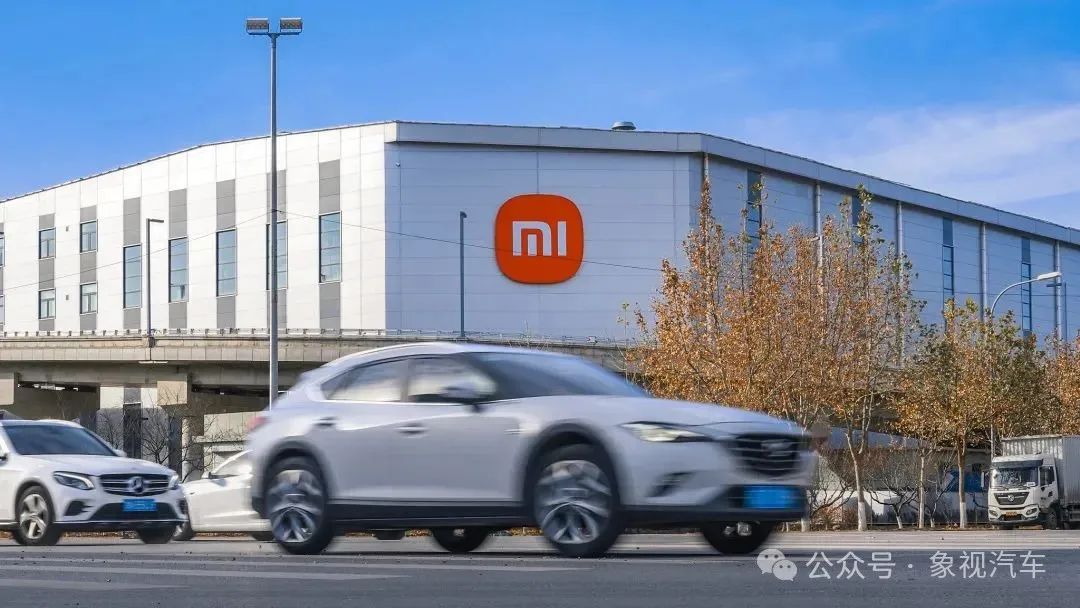
2. Sales exceed 10,000 units for three consecutive months
As a traffic magnet, Lei Jun and Xiaomi have been highly successful in marketing, garnering significant attention since announcing their entry into car manufacturing.
At the end of March this year, Xiaomi's first model, the SU7, was officially launched, with deliveries beginning in April.
It took just three months for Xiaomi's automotive deliveries to exceed 10,000 units in June, entering the "10,000-unit club" and setting a new delivery speed record among emerging players.
As of August, Xiaomi has delivered over 10,000 vehicles for three consecutive months. It is expected that Xiaomi can complete its annual delivery target of 100,000 vehicles ahead of schedule in November and is likely to exceed 120,000 deliveries this year.

While deliveries have far exceeded expectations, Xiaomi's automotive losses have also attracted attention. According to financial data, each SU7 sold results in a loss of 66,000 yuan.
In fact, the phenomenon of "selling cars at a loss" is quite common in the new energy vehicle industry. Currently, among emerging players, only NIO is profitable.
Xiaomi is still in the initial investment stage, so such losses are normal.
It's worth mentioning that Xiaomi's automotive business has performed exceptionally well in terms of gross margin, reaching 15.4%, second only to BYD and NIO in the industry and significantly higher than XPeng, Li Auto, and ZEEKR, even outperforming Tesla.
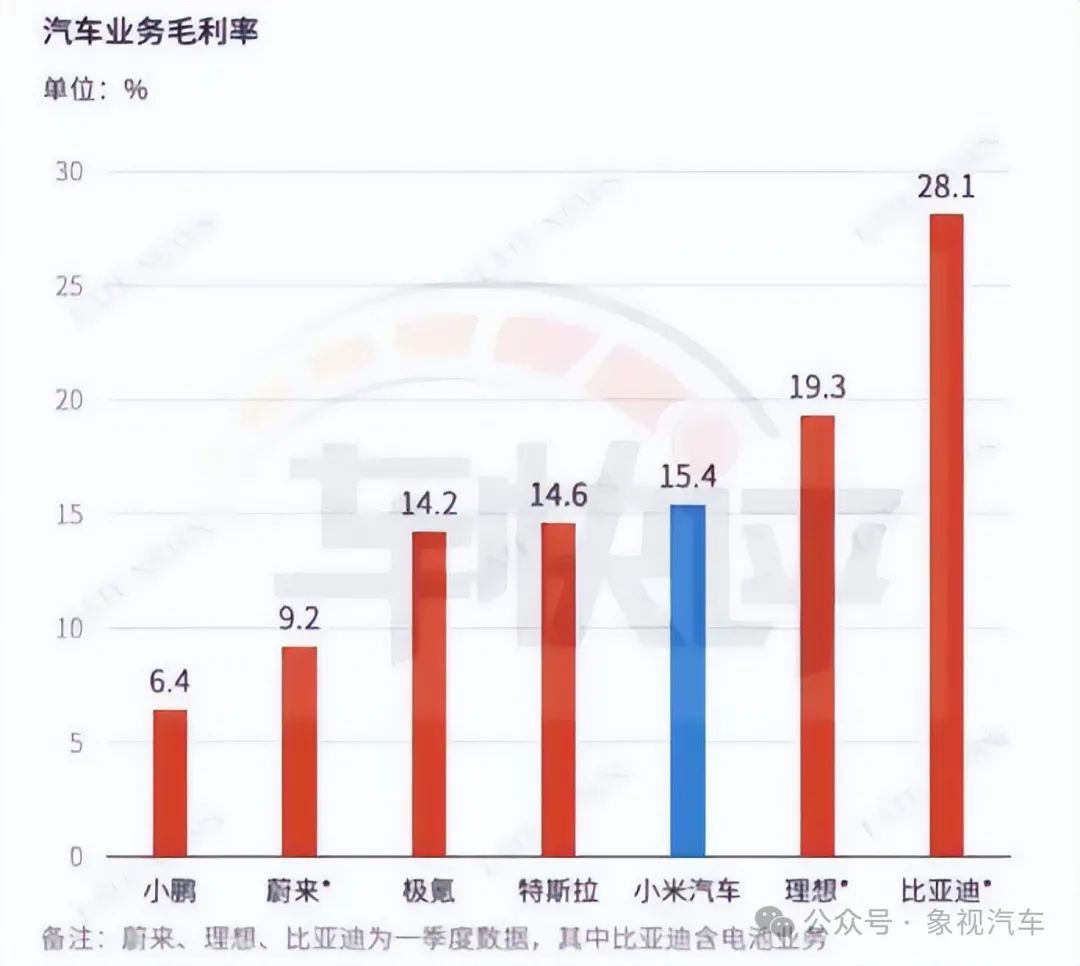
3. Lei Jun's car manufacturing journey is finally paying off
Impressive delivery numbers and ultra-high gross margins are indications that Lei Jun, who views car manufacturing as the final battle of his career, has won the initial round.
This serial entrepreneur, a star in his field, has seen both glory and setbacks.
After graduating from Wuhan University, Lei Jun was recruited by Qiu Bojun, "China's first generation of programmers," to join Kingsoft. Later, Lei Jun led Kingsoft to a successful IPO.
However, Lei Jun's venture into e-commerce with JOYO.com encountered a capital winter and was forced to sell to Amazon.
But soon, the internet boomed, ushering in the BAT era, while Lei Jun missed out on the PC internet age, with his status surpassed by later entrants like Jack Ma and Pony Ma.
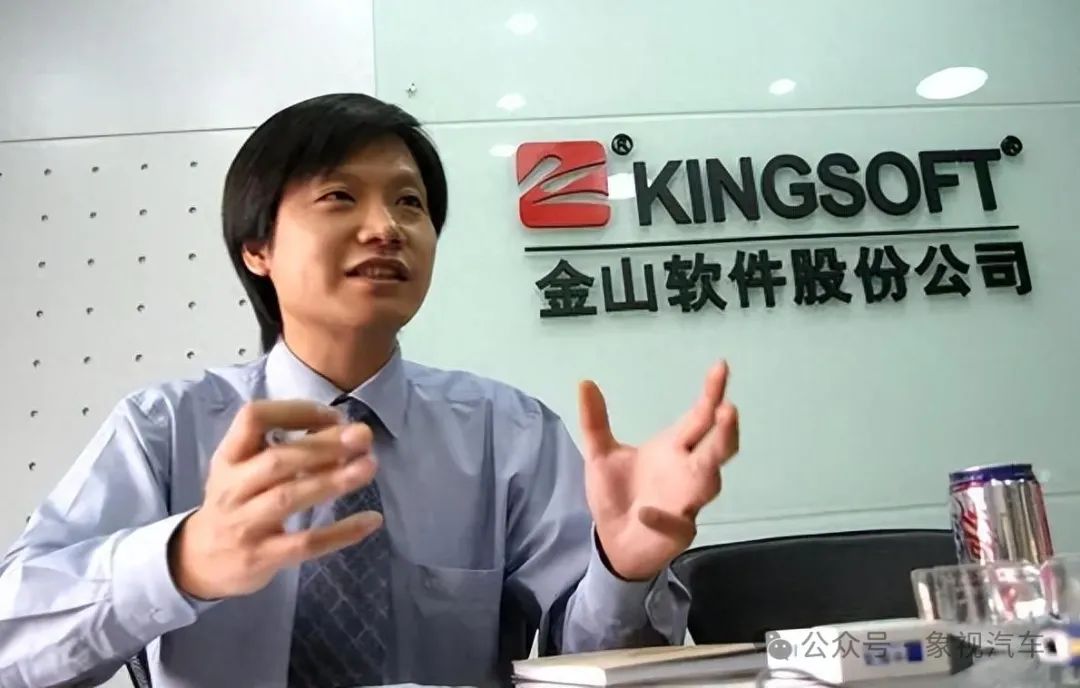
Riding the wave of the mobile internet era, Lei Jun founded Xiaomi and entered the smartphone industry, with Xiaomi phones ranking among the top three globally, behind only Samsung and Apple.
Now, Lei Jun hopes to achieve a closed loop of "people, cars, and homes" through car manufacturing, staging a stunning comeback in the era of intelligent AI.
As we all know, the smartphone industry has become a sunset industry. For Xiaomi Group, it's easy to see the ceiling for its smartphone business.
However, the burgeoning new energy vehicle industry offers unlimited possibilities for Xiaomi. The growth of its automotive business will be crucial in determining Xiaomi's future valuation.
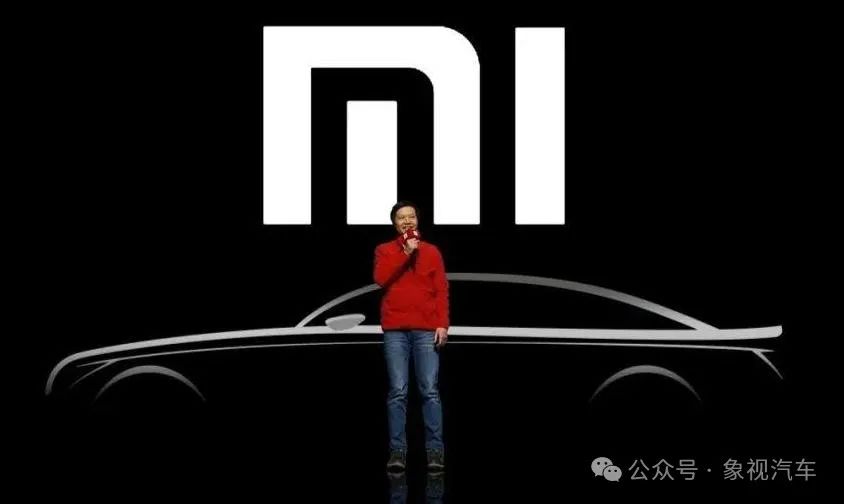
In addition to the SU7, Xiaomi is also developing new models. It is reported that Xiaomi's second model will be an SUV, targeting the Tesla Model Y, and is expected to be launched next year.
If Xiaomi's new SUV achieves similar market popularity to the SU7 after its launch, Xiaomi's annual automotive sales could reach 300,000 units.
In revenue terms, this would translate to over 70 billion yuan annually, making the automotive business segment surpass smartphones in revenue contribution.
Of course, this is just the beginning. Xiaomi's automotive business must continue to grow until it becomes a top-five global player before Lei Jun can truly consider his car manufacturing venture a success.







